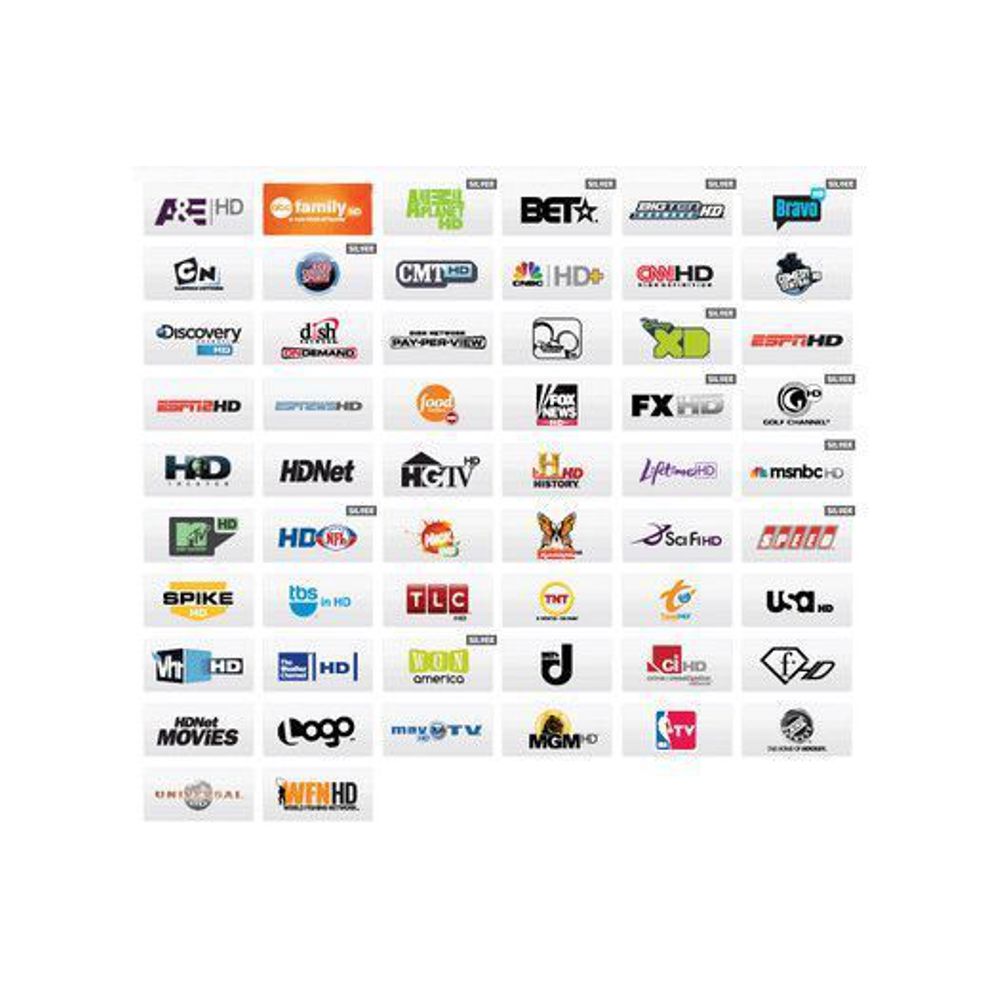Enhancing Cloud-based Asset Management Approaches for Improved Effectiveness in Multi-Dwelling Residences
Within the current world, many people reside in multi-unit buildings, such as apartment complexes and condominiums. These buildings often utilize utilities like electricity, H2O, and broadband connections. Managing these resources effectively is essential for both the environment and the residents' well-being. Cloud utility management approaches can assist enhance the efficiency of such shared utilities. Through using technology and data analysis, property administrators can streamline how resources are used, resulting to cost savings and a superior residential environment for all.One effective approach for overseeing resources in multi-unit units is the use of smart measurement devices. Intelligent meters offer immediate information on energy and water consumption. This data enables building administrators to detect trends and trends in resource use. For example, if a particular unit uses considerably greater water than others, the manager can examine potential drips or motivate the resident to adopt additional water-efficient habits. By addressing these concerns promptly, managers can minimize loss and decrease service costs for everyone tenants.

Another crucial element of cloud resource administration is the implementation of energy-efficient technologies. Many multi-unit buildings can gain from energy-efficient lighting, heating systems, and air conditioning systems. Such technologies not only lower energy use but also lower service costs. Building administrators can use digital platforms to track the performance of such solutions and make changes as required. For instance, if a heating system system is not functioning operating efficiently, the manager can arrange repairs or upgrades to guarantee optimal performance.
Alongside smart meters and eco-friendly technologies, cloud utility management can enhance communication between property managers and residents. A digital platform can provide tenants with access to their utility consumption information, enabling them to monitor their consumption. This openness encourages tenants to be more conscious of their utility use. Furthermore, building administrators can send alerts about maintenance timing, eco-friendly advice, or neighborhood events through the platform. Improved interaction fosters a sense of togetherness and encourages more tips here residents to engage in utility-saving initiatives.
Finally, implementing digital resource management strategies can lead to a more sustainable living space. Through enhancing resource consumption, multi-unit buildings can significantly reduce their carbon footprint. This is important not only for the residents but also for the planet. As more people grow aware of environmental concerns, they are prone to appreciate residing in a building that prioritizes eco-friendliness. Building administrators who adopt such approaches can attract eco-conscious aware tenants, enhancing the building's reputation and potentially increasing its worth. In conclusion, efficient digital utility administration is crucial for establishing effective, comfortable, and sustainable living environments in multi-dwelling units.